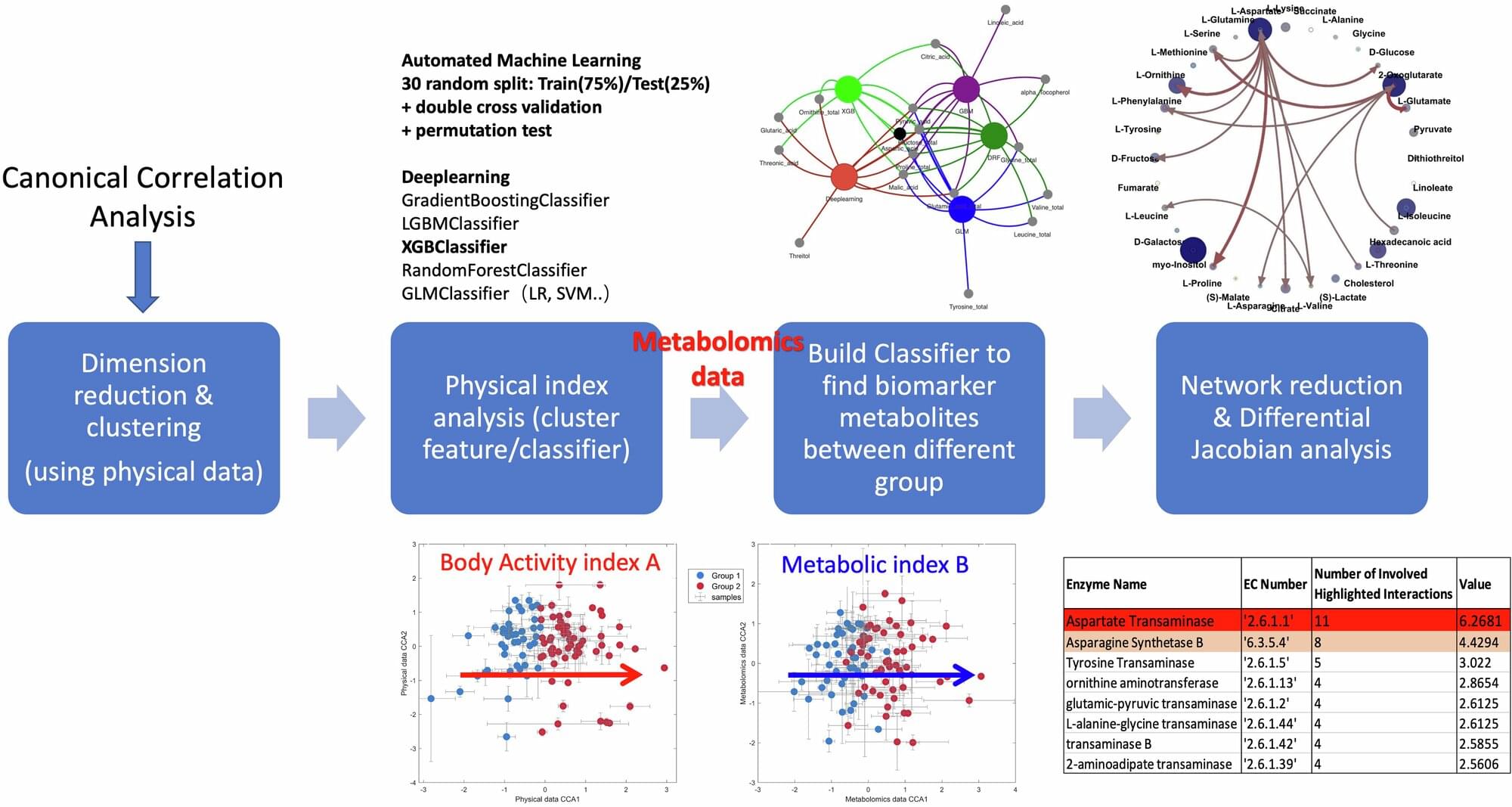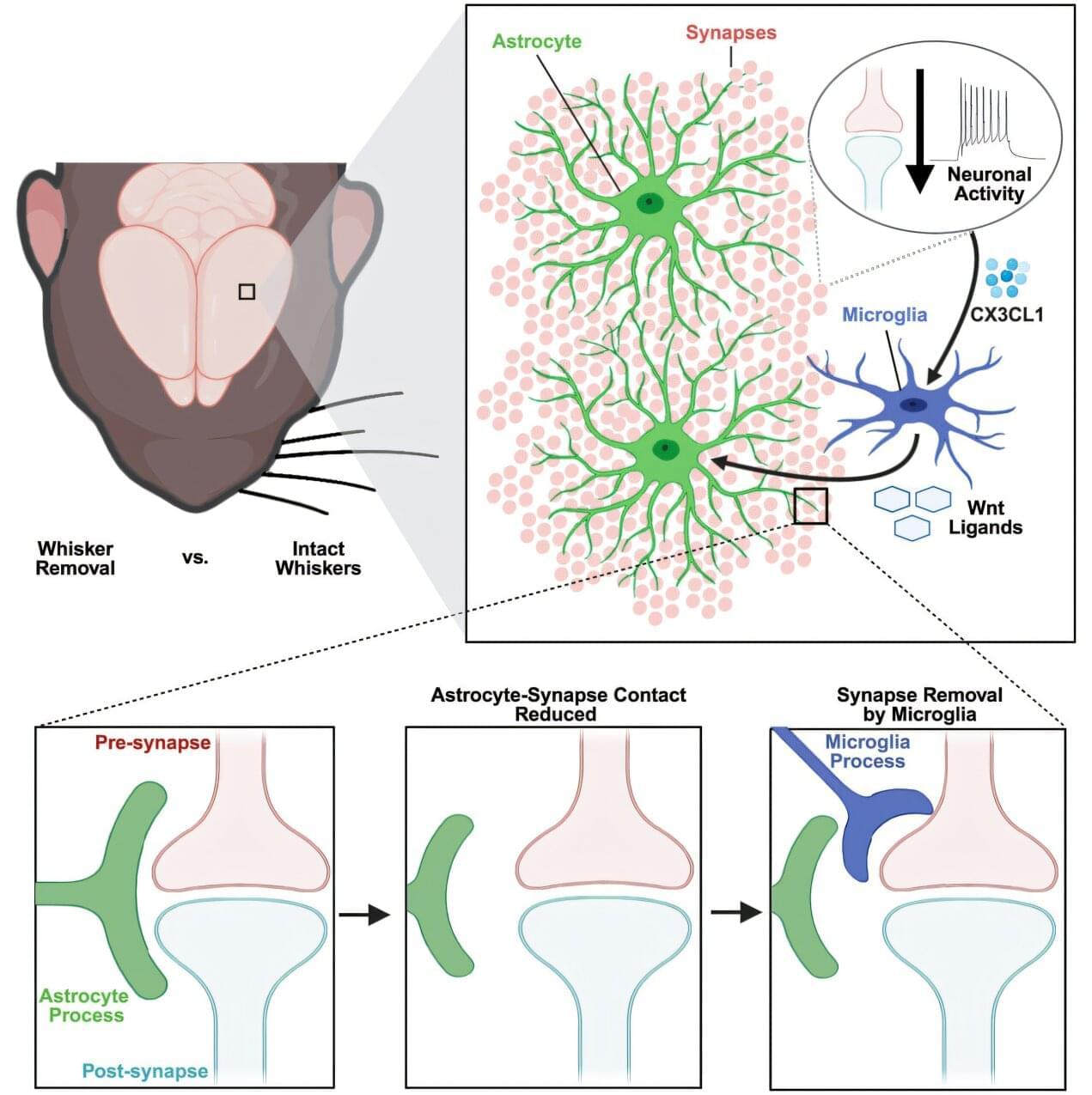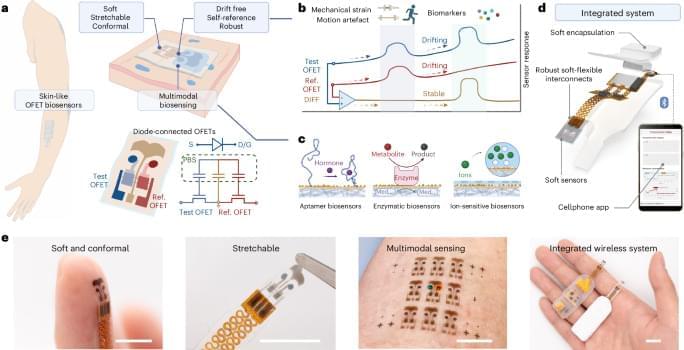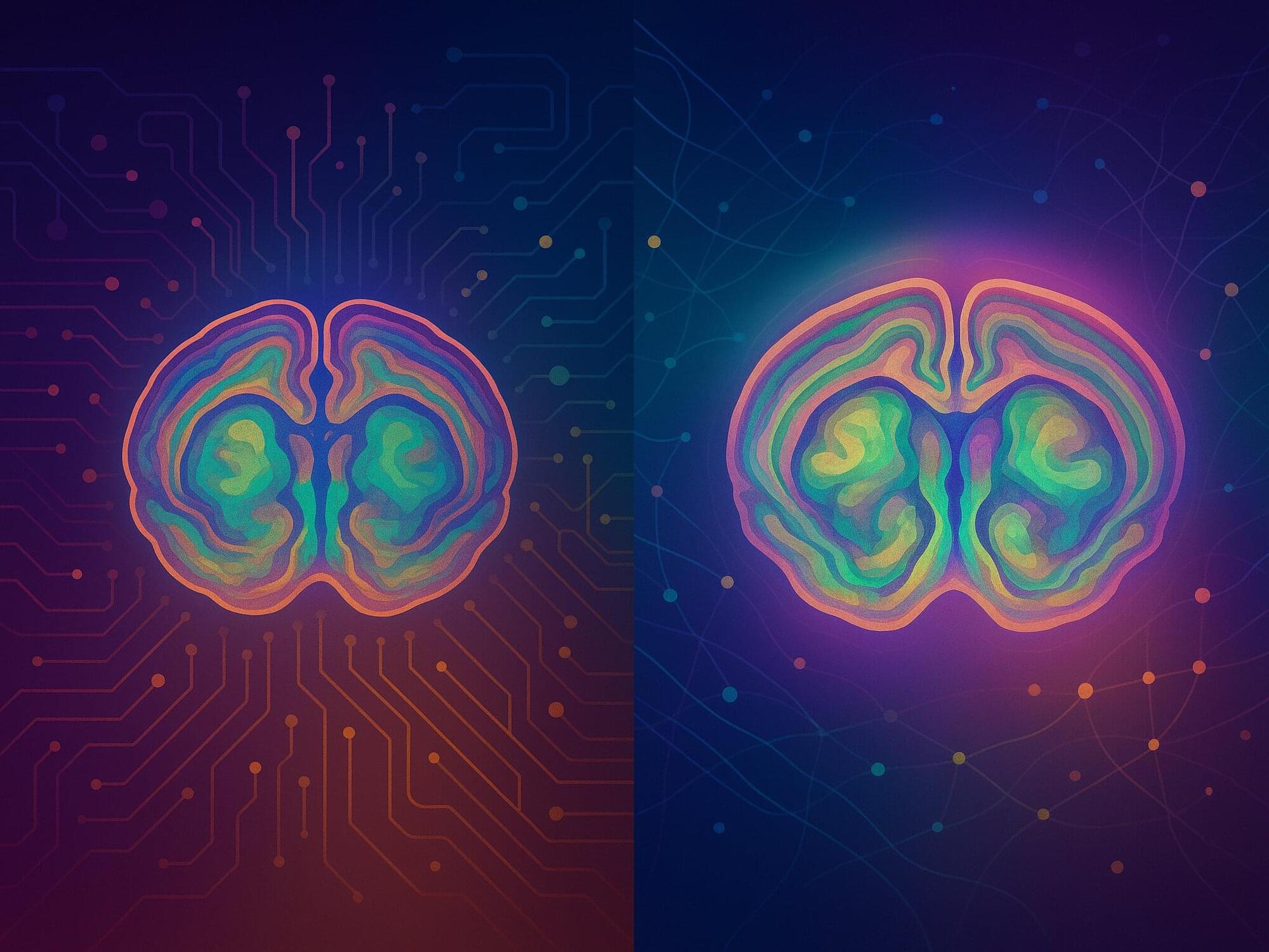Behold Neural Viz, the first great cinematic universe of the AI era. It’s from a guy named Josh.
Get the latest international news and world events from around the world.


Smart blood: How AI reads your body’s aging signals
Could a simple blood test reveal how well someone is aging? A team of researchers led by Wolfram Weckwerth from the University of Vienna, Austria, and Nankai University, China, has combined advanced metabolomics with cutting-edge machine learning and a novel network modeling tool to uncover the key molecular processes underlying active aging.
Their study, published in npj Systems Biology and Applications, identifies aspartate as a dominant biomarker of physical fitness and maps the dynamic interactions that support healthier aging.
It has long been known that exercise protects mobility and lowers the risk of chronic disease. Yet the precise molecular processes that translate physical activity into healthier aging remain poorly understood. The researchers set out to answer a simple but powerful question: Can we see the benefits of an active lifestyle in elderly individuals directly in the blood—and pinpoint the molecules that matter most?

Geomagnetic disturbances caused by sun may influence occurrence of heart attacks, especially among women
An article published in the journal Communications Medicine points to a correlation between disturbances in Earth’s magnetic field resulting from solar storms and an increase in the frequency of heart attacks, especially among women.
The authors reached this conclusion by analyzing data from the public health network of São José dos Campos, in the state of São Paulo, Brazil, recorded between 1998 and 2005, a period considered to be one of intense solar activity.
Focusing on hospital admissions for myocardial infarction, the analysis included information from 871 men and 469 women. Data from the Planetary Index (Kp-Index), an indicator of variations in Earth’s geomagnetic field, were also incorporated into the statistical analysis.


How non-neuronal brain cells communicate to coordinate rewiring of the brain
A study by Dorothy P. Schafer, Ph.D., and Travis E. Faust, Ph.D., at UMass Chan Medical School, explains how two different cell types in the brain—astrocytes and microglia—communicate in response to changes in sensory input to remodel synapses, the connections between neurons.
Published in Cell, these findings are in an emerging area of interest for neurobiologists who want to understand how different cells in the brain interact to rewire the brain.
This novel mechanism has the potential to be targeted by translational scientists hoping to one day prevent synaptic damage incurred during neurodegenerative diseases such as Alzheimer’s or ALS as well as age-related cognitive decline. It may also lead to new insights into neurodevelopmental and psychiatric disorders such as autism and schizophrenia, where the brain’s circuit refinement process may have been compromised during development.



Scientists create ChatGPT-like AI model for neuroscience to build one of the most detailed mouse brain maps to date
In a powerful fusion of AI and neuroscience, researchers at the University of California, San Francisco (UCSF) and Allen Institute designed an AI model that has created one of the most detailed maps of the mouse brain to date, featuring 1,300 regions/subregions.
This new map includes previously uncharted subregions of the brain, opening new avenues for neuroscience exploration. The findings were published in Nature Communications. They offer an unprecedented level of detail and advance our understanding of the brain by allowing researchers to link specific functions, behaviors, and disease states to smaller, more precise cellular regions—providing a roadmap for new hypotheses and experiments about the roles these areas play.
“It’s like going from a map showing only continents and countries to one showing states and cities,” said Bosiljka Tasic, Ph.D., director of molecular genetics at the Allen Institute and one of the study authors.

Brownstone Research
Super AI is coming soon.
This is your shot to “partner” with Elon Musk in Project Colossus, the supercomputer that Jeff believes will power the next generation of AI.
Jeff is about to show you how you could take a stake in Elon’s private company starting with as little as $500…
Without having connections in Silicon Valley… Without having to be an accredited investor… And without having to be rich.